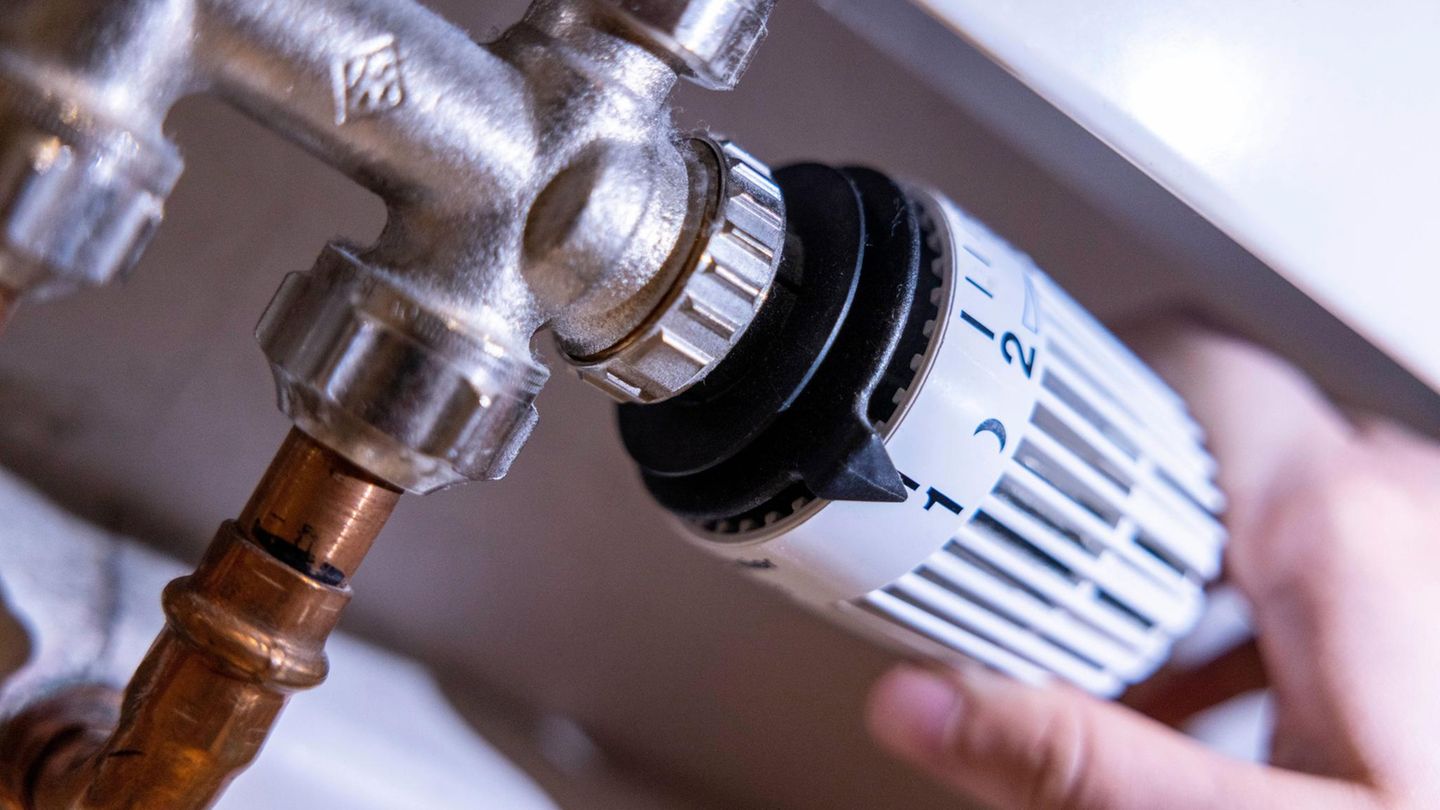Menu
Consumers: Mobile phone reduction rights should start this year
Categories
Most Read
First estimate confirmed: peak in September: inflation rises to 2.4 percent
October 14, 2025
No Comments
Fighting paper fish: What helps against the insects?
October 14, 2025
No Comments
Trade dispute: Government: China fights “customs war” with USA until the end
October 14, 2025
No Comments
Transport: Full ships despite the calm – shipping companies defy the crisis
October 14, 2025
No Comments
TAMAR and the surety exceeded 70%
October 13, 2025
No Comments
Latest Posts

Erez Rozen in an interview: How to avoid mistakes when choosing perfume
October 14, 2025
No Comments
Lisa HarrisI am an author and journalist who has worked in the entertainment industry for over a decade. I currently work as a news editor

Happiness Research: Are Young Adults Unhappier Than Before?
October 14, 2025
No Comments
CarolineI’m Caroline, a journalist and author for 24 Hours Worlds. I specialize in health-related news and stories, bringing real-world impact to readers across the globe.

Energy transition: Why less heating isn’t everything
October 14, 2025
No Comments
Heat transition Why less heating isn’t everything Listen to article Copy the current link Add to wishlist If you want to save energy and money,
24 Hours Worlds is a comprehensive source of instant world current affairs, offering up-to-the-minute coverage of breaking news and events from around the globe. With a team of experienced journalists and experts on hand 24/7.

